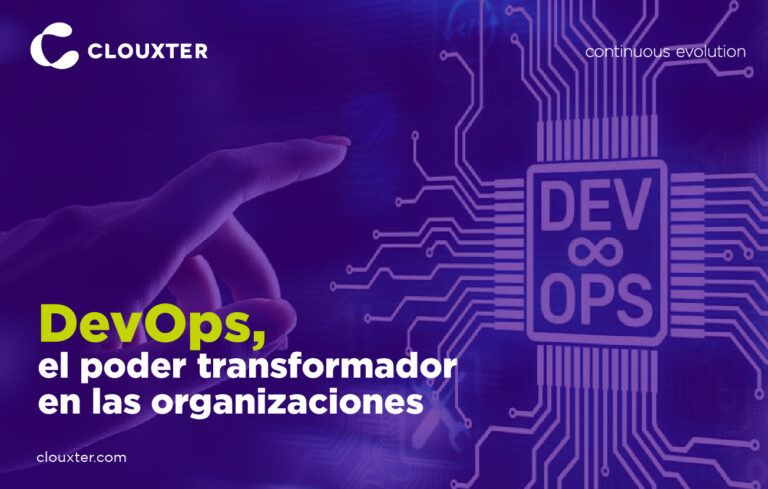Although they have gained space in educational coverage in the world, the challenges to be met are evident in training and insertion into the labor market in the fields of hard sciences and technology.

Although in a key area for global development such as demographics, there is gender equality (49.59% of the world’s inhabitants are women and 50.41% are men according to the United Nations), the participation of both sexes in most dimensions of life is presented in terms of disparity.
After 120 years of International Women’s Day being established, the UN 2030 Agenda highlights, among other aspects, that only 13% of women are property owners, only 24% are parliamentarians, as of November 2018, and in only two-thirds of countries was educational gender parity achieved at the primary level.
In this last field, there are more pending accounts. The UNESCO report Cracking the Code: Educating Girls and Women in Science, Technology, Engineering, and Mathematics (STEM) revealed that, although there is progress in global female coverage at different levels of education, there are also gaps in training and job insertion in fields related to hard sciences and technology.
The report states that an environment of inequality has been generated for reasons such as discrimination, cultural biases, social norms, and environments contrary to female interests whose historical effects are evident in issues such as, for example, that only 17 women have won the Nobel Prize. of physics, chemistry or medicine since 1903 compared to 572 men, or that only 28% of researchers in the world are female.
“The lack of representation that affects girls in science, technology, engineering, and mathematics (STEM) is deeply rooted and slows their progress towards sustainable development,” says Irina Bokova, director general of this United Nations body.
In fact, according to the report, the female gender represents only 3% of graduates from careers in the area of Communication and Information Technologies (ICT) on the five continents.
To turn these dynamics around and enable real access for girls and women to STEM careers, among the recommendations, it is proposed that there be “holistic and integrated responses”, transversal to the different sectors and interest groups, and attractive to this population segment.
“This requires political will, strengthened capacities, and investments to light the spark of female interest and cultivate their aspirations to deepen their studies and finally enter STEM careers,” highlights UNESCO.
Formula to attack unemployment
In a context in which the health crisis, which is about to turn one year old, caused a 5% drop in the global female employment rate according to the International Labor Organization (ILO), the intensification of interventions of various kinds to generate optimal conditions that facilitate their entry into training scenarios and subsequently into the global market.
Leonardo Suárez, CEO of Clouxter, states that “the democratization of training spaces in the hard and technological sciences for women is vital. This process is fundamental because this knowledge is basic to achieving the progress of nations. In this order of ideas, more effective actions by governments and civil society are required to make the process possible.”
Leonardo Suárez, CEO of Clouxter
In this way, this Colombian technology company, leader in the national market for Cloud computing, has participated in initiatives such as, for example, providing training scholarships to future employees, including women, so that they can improve their skills and thus increase their chances of entering the labor market.
“These types of actions are part of the corporate DNA of our firm and contribute to strengthening the active participation of women in digital transformation and remote work processes that, in the current circumstances, have expanded like never before in history,” explains Ricardo González, CTO of Clouxter.
Ricardo González, CTO of Clouxter
With nearly 3,805 million women in the world, training and job placement in the fields of science, technology, engineering, and mathematics is one of the main pending issues, the fulfillment of which will offer more reasons to celebrate International Women’s Day with joy.






